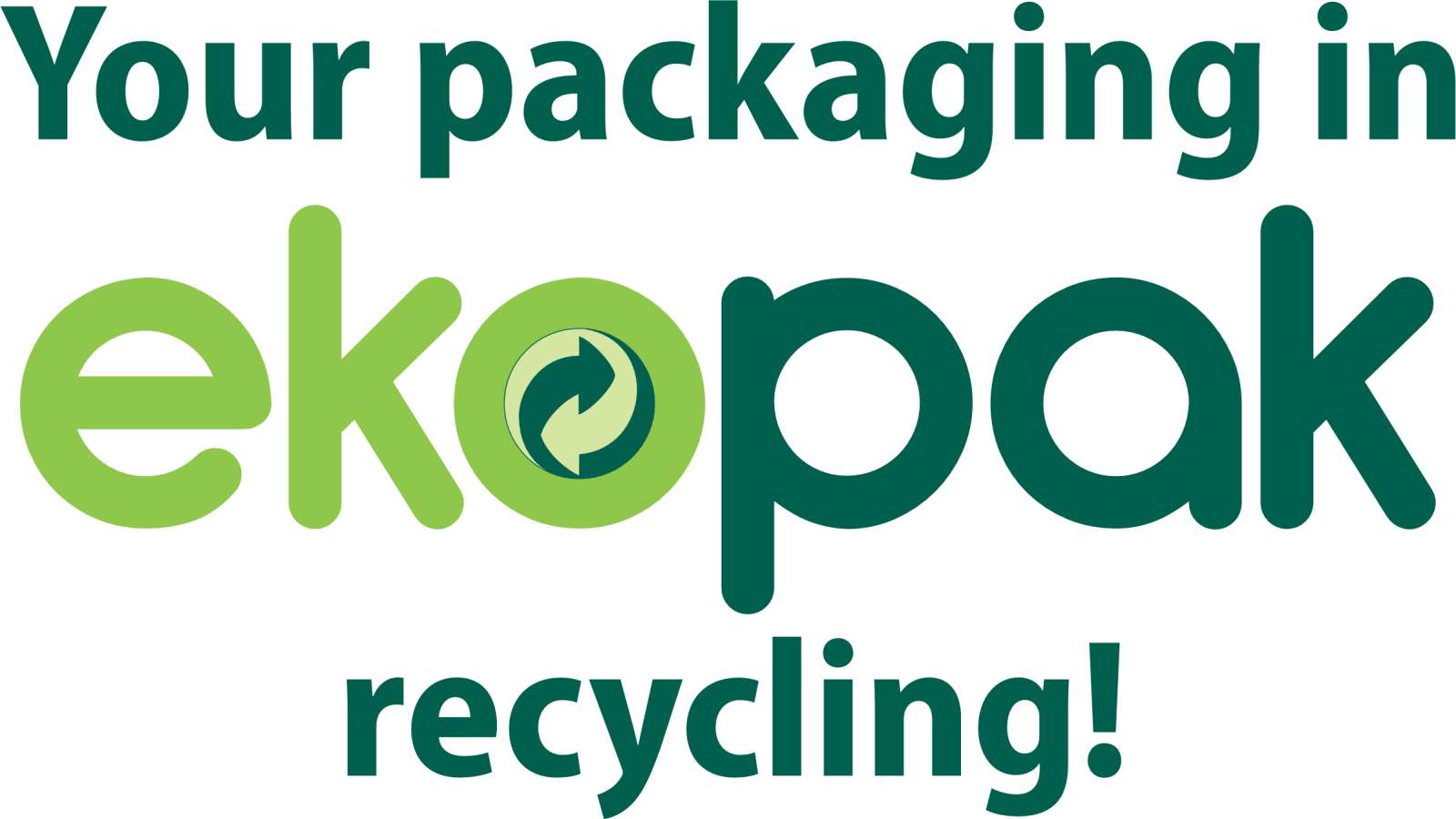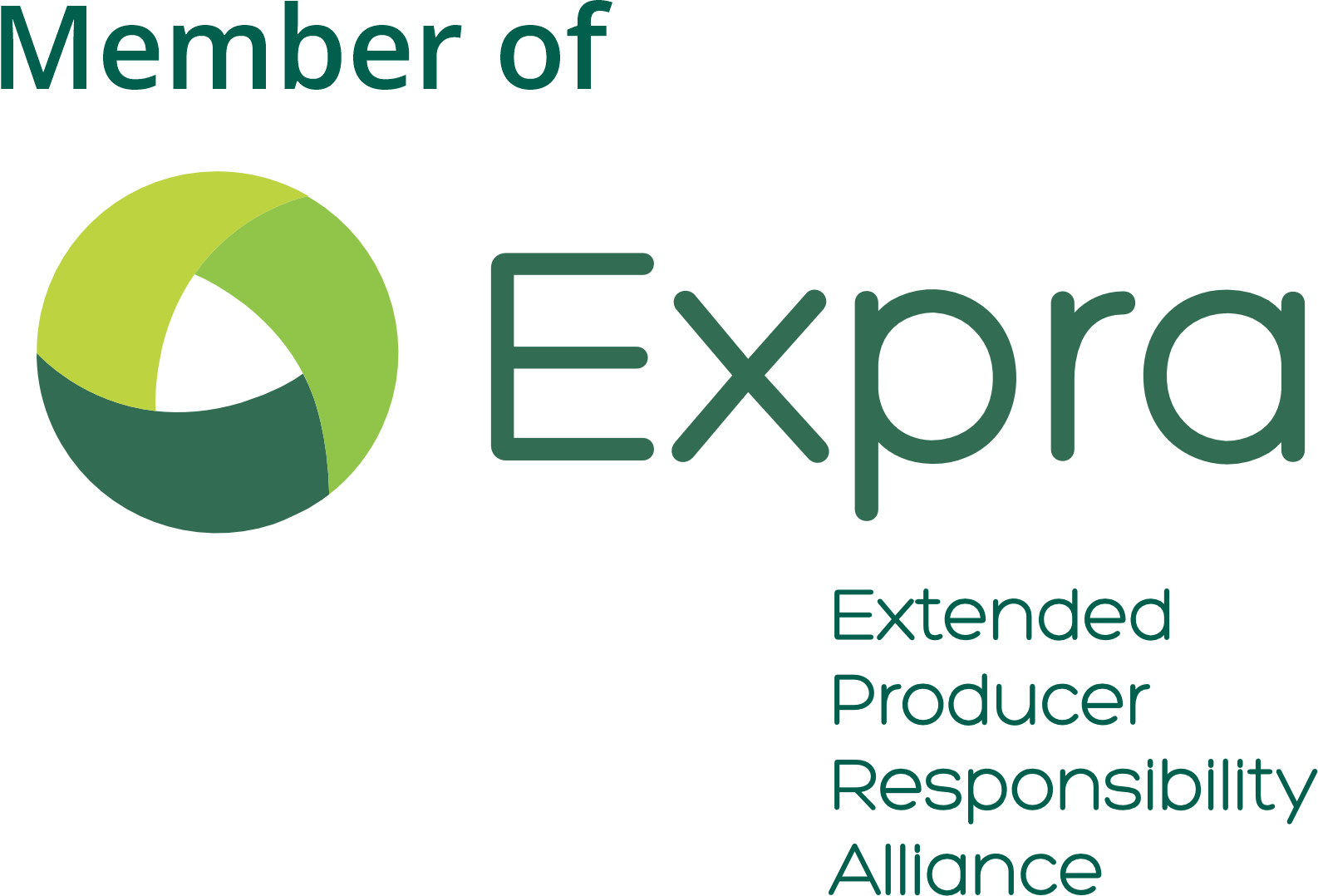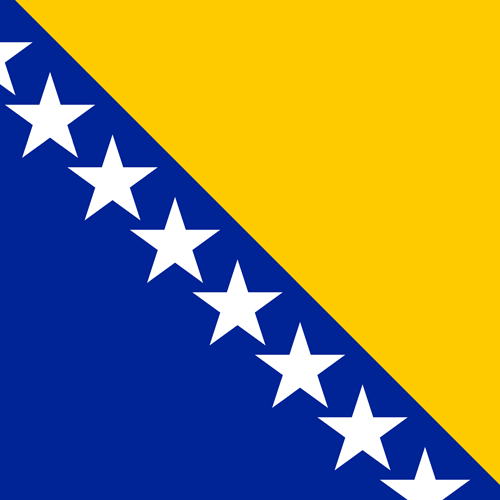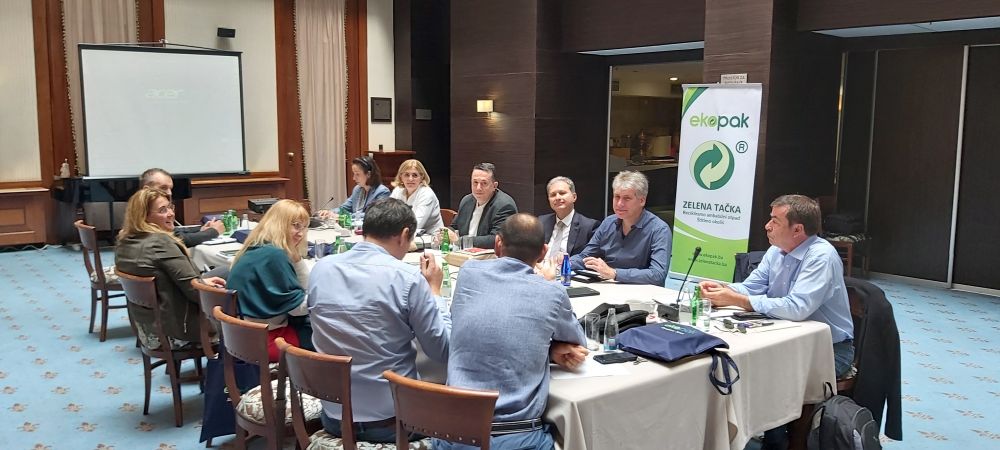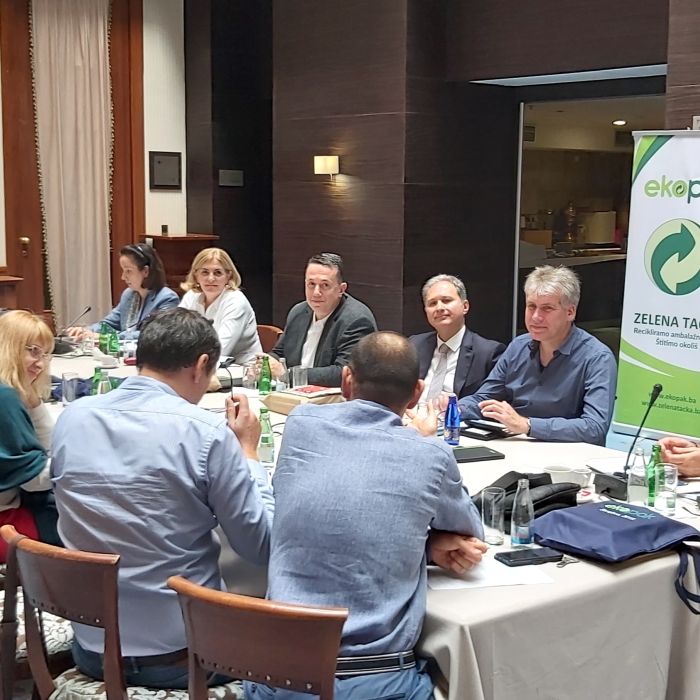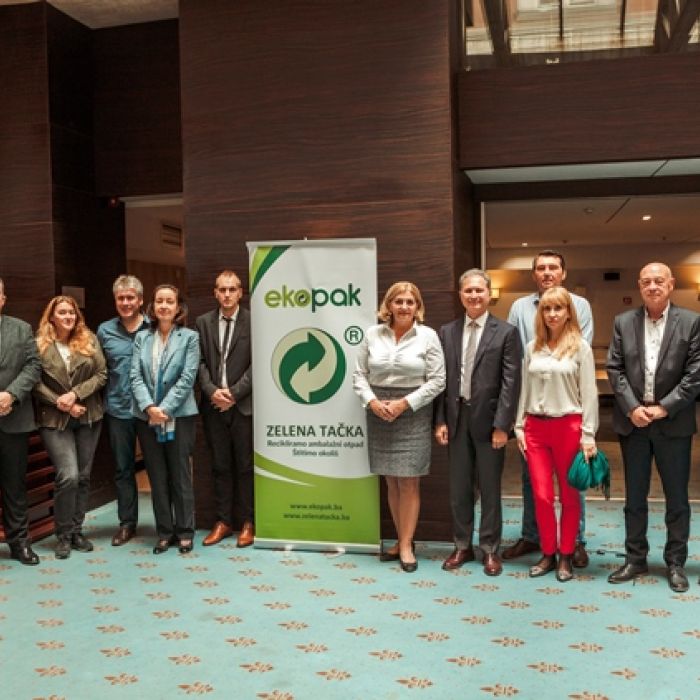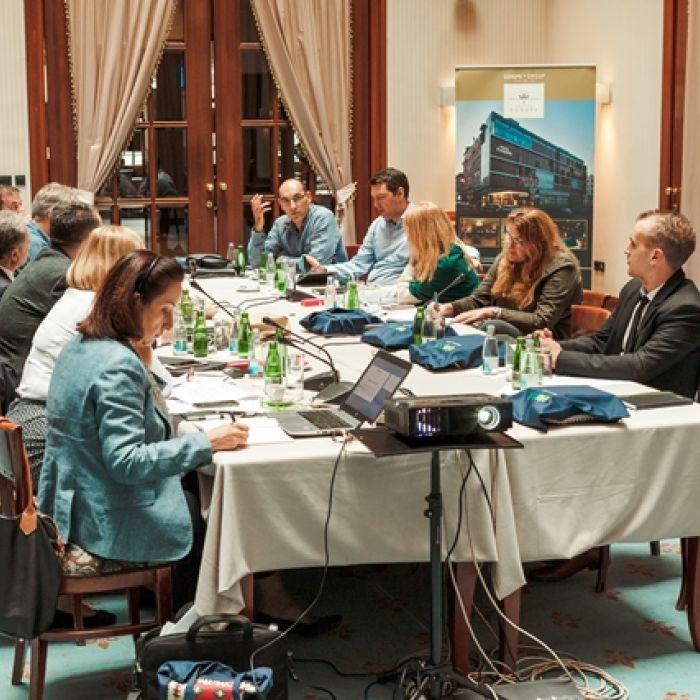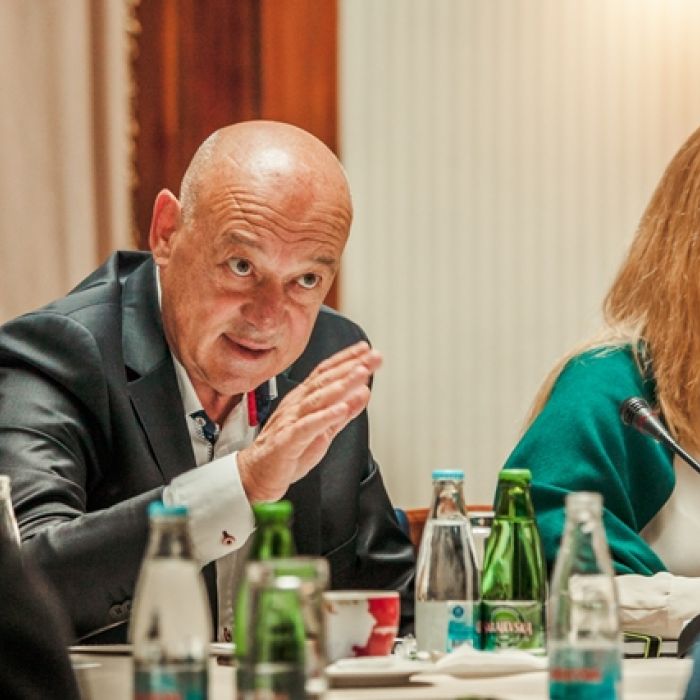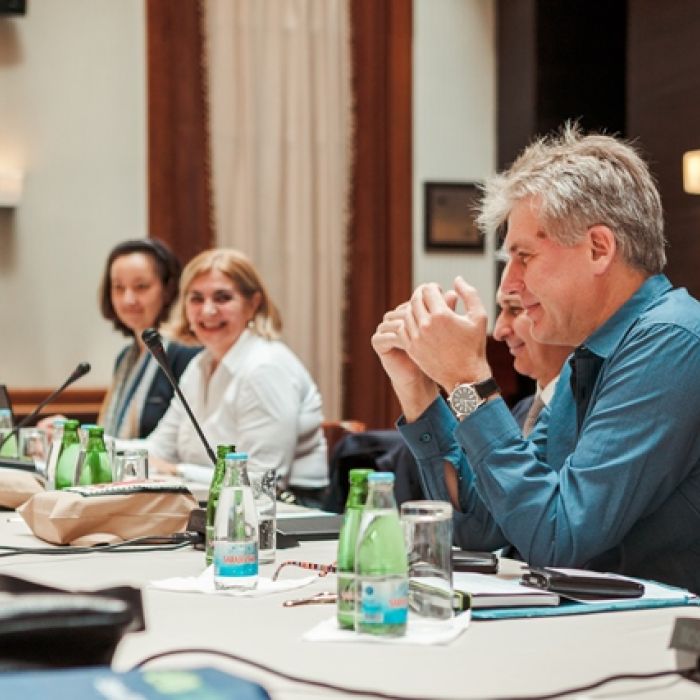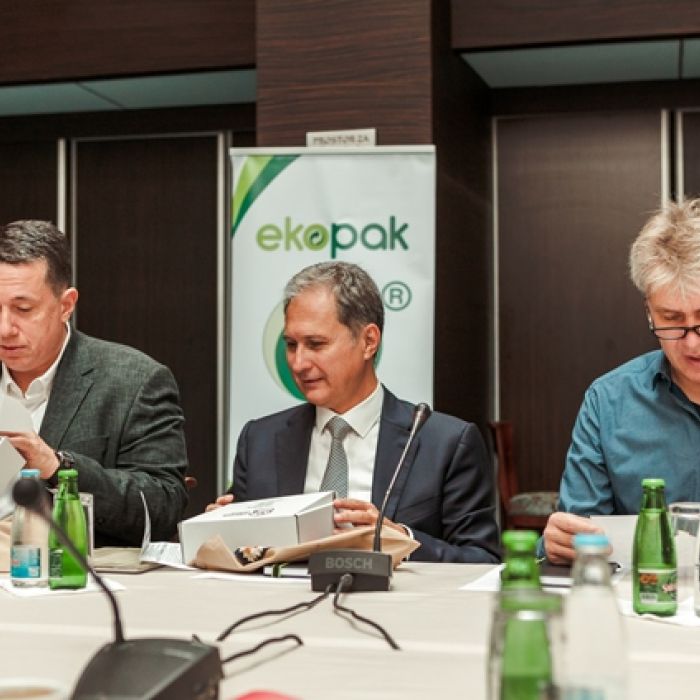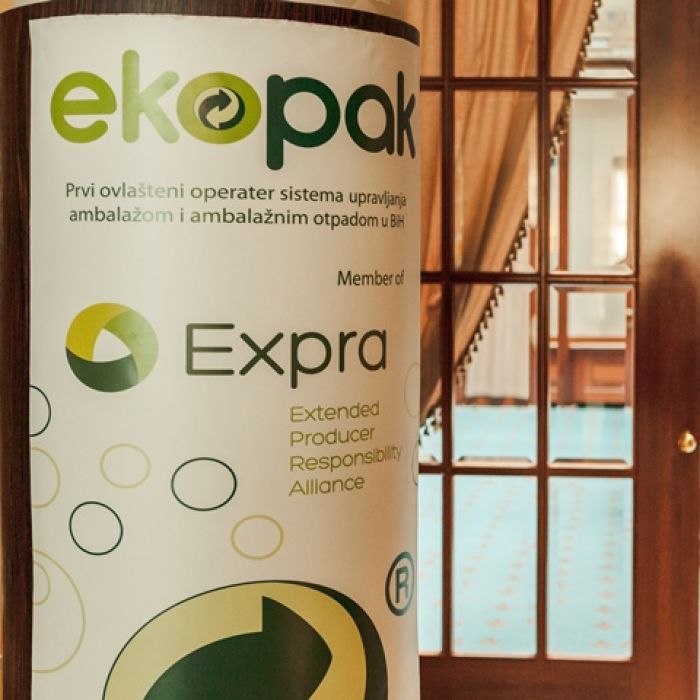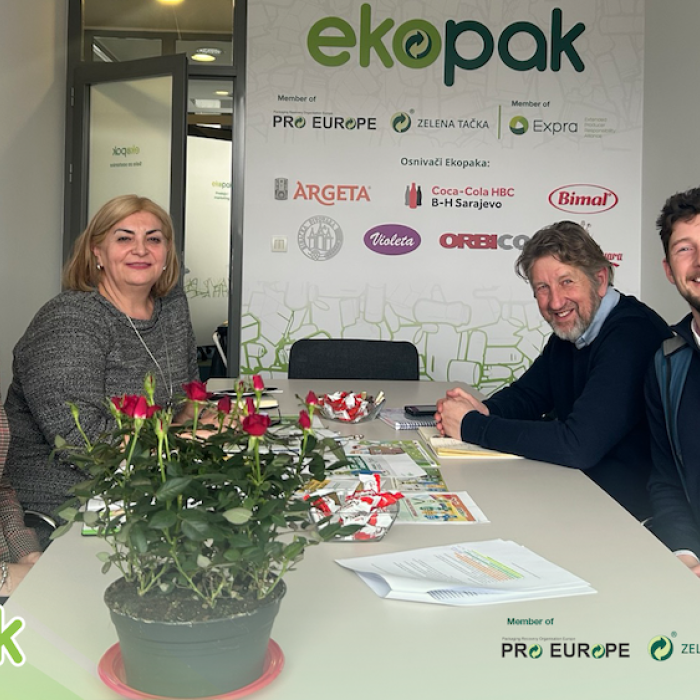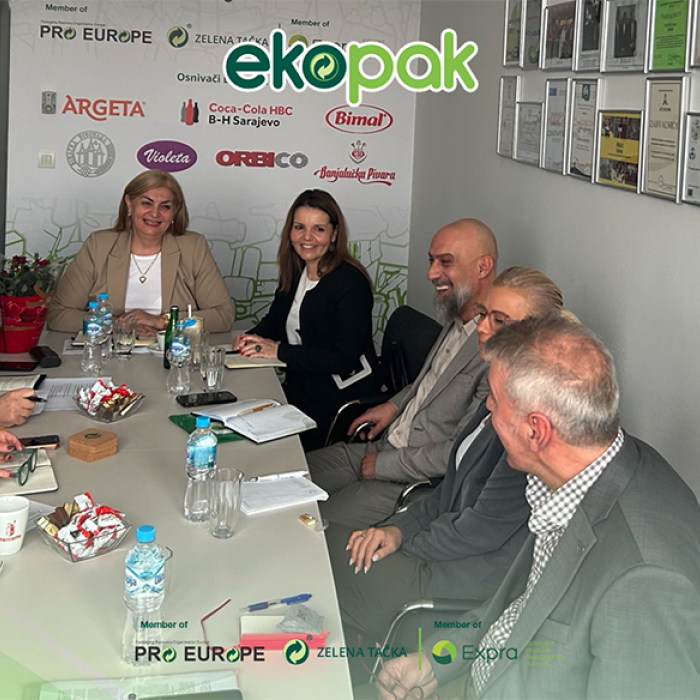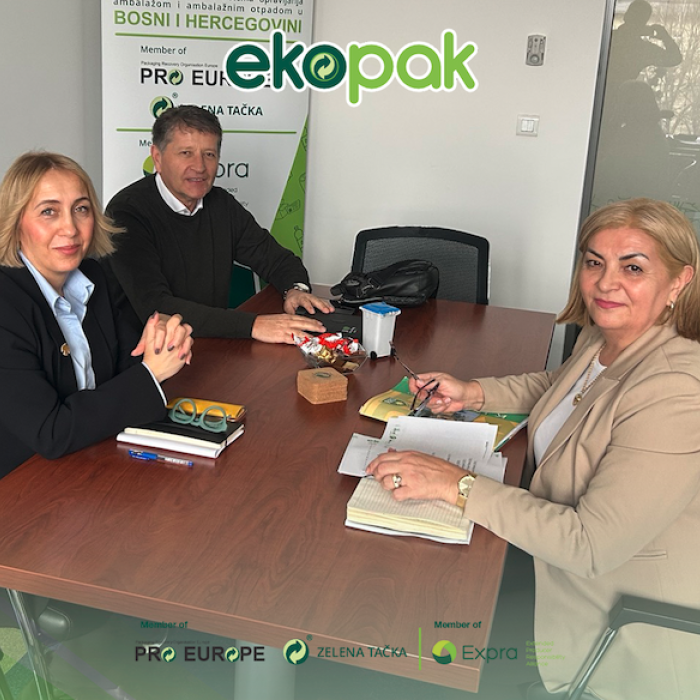Annual Balkan meeting of the alliance "EXPRA"- Ekopak has achieved significant results, but more involvement of other actors in the development of the system is required
An annual meeting of the EXPRA Balkan members (EXTENDED PRODUCER RESPONSIBILITY ALLIANCE) was held in Sarajevo.
The host was Ekopak – the first authorized operater for managing package material and its waste in Bosnia and Herzegovina. At meeting, there was a word about achieved results of Expra alliance’s members in the last year, about problems at the moment and the ways of outgoing challenges in front of Expra alliance’s members from countries of Balkan, as well as implementation of the latest legitimate solutions of EU.
''To be a host of Expra alliance’s yearly meeting is a great honor and pleasure for us. This was a great chance to exchange experiences and ideas with out friends from Expra alliance. Ekopak is a member of Expra since 2015 what makes us especially proud,'' said the director of Ekopak Amela Hrbat and added that Ekopak has an exeptional support from Expra alliance’s management, as well as from all members, since they have access to all necessary information, good practices and experiences, which helps in many ways in development of system in Bosnia and Herzegovina.
''On this ocassion I want to point out that Ekopak, in cooperation with its partners, achieves better results every year. From the beginning of our operative work we handed for recycling over 60 000 tons of all types of package material waste. Of course, our aim is to further develop and improve system, because that is a proces that continually grows, develops and continuously gives all better results,'' said Hrbat.
''I am glad that BiH goes further. You have evident results and we are happy for that,’'' said the director of Expra alliance Joachim Quoden and added: ''EU sets up very ambitious requests and aims and that is why is very important for your country to develop system and to be ready when transposing of EU requests in your legislative comes. That is a reason why stronger support to system operators from state institutions is needed,'' said Quoden.
